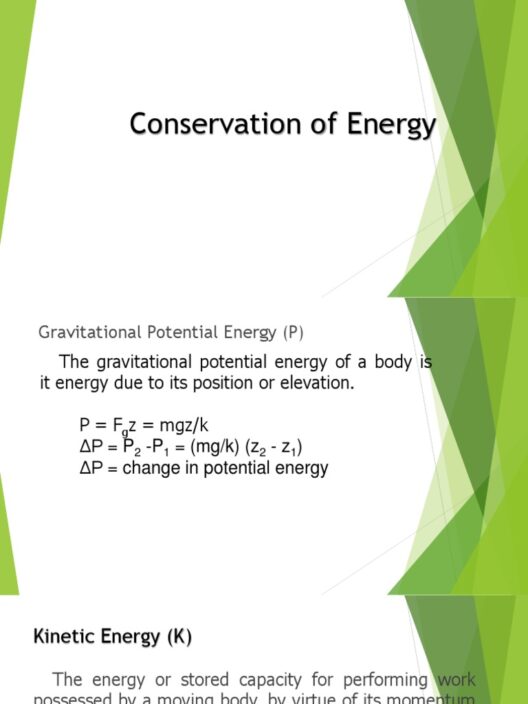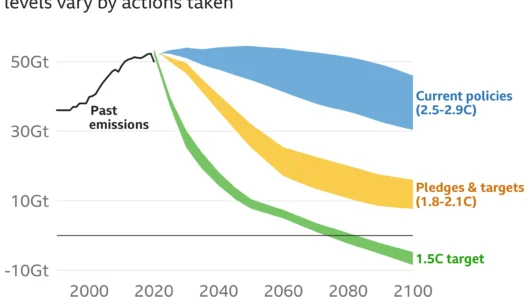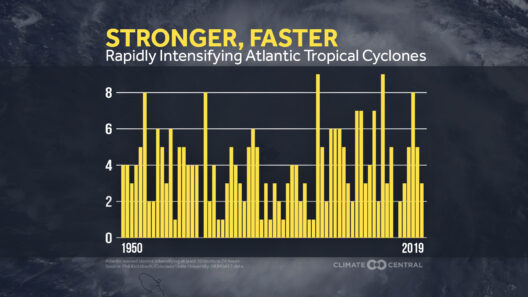As the debate over energy sources intensifies, a pertinent question arises: does burning natural gas contribute to global warming, or can it be considered a cleaner alternative to other fossil fuels? This inquiry embodies a complex interplay of environmental science, economics, and social dynamics. While natural gas has been heralded as a bridge fuel in the transition to a low-carbon future, the implications of its combustion for climate change must be scrutinized critically.
Natural gas primarily consists of methane, a hydrocarbon with a chemical structure that allows for efficient combustion. This efficiency results in natural gas producing approximately half the carbon dioxide (CO2) emissions of coal and about 30% less than oil when combusted for energy. Consequently, many policymakers and energy companies promote natural gas as a cleaner energy option, assuming it is a viable solution to mitigating greenhouse gas (GHG) emissions in the short term.
However, the narrative of natural gas as a “clean” alternative is not as straightforward as it may seem. The extraction, transportation, and utilization of natural gas can inadvertently release substantial amounts of methane into the atmosphere. Methane is significantly more potent as a GHG than CO2, with a global warming potential that is over 25 times greater over a 100-year period. This disparity raises alarm bells in the scientific community, prompting researchers to investigate the full lifecycle emissions of natural gas, from drilling to end-use combustion.
The extraction process often involves hydraulic fracturing or “fracking,” which itself poses various environmental risks, including groundwater contamination and increased seismic activity. Fracking also necessitates the use of significant amounts of water and chemicals, compounding the ecological footprint of natural gas. Additionally, pipeline leaks and other infrastructure vulnerabilities can lead to substantial methane emissions, undermining the purported climate benefits of using natural gas as a transition fuel.
In light of these concerns, one must consider the concept of “carbon accounting” in evaluating natural gas’s role in climate change. Carbon accounting entails the quantification of emissions across the entire supply chain. When comprehensively assessed, it becomes evident that methane leaks can negate a substantial portion of the emissions savings touted by natural gas advocates. Evaluating this comprehensive impact is crucial for determining the overall GHG profile of natural gas relative to other energy sources.
Furthermore, the phenomenon of “fugitive emissions” highlights a troubling aspect of natural gas extraction and delivery. Methane can escape at multiple points within the supply chain, from the wellhead to the distribution network. Research indicates that if methane emissions from natural gas systems exceed approximately 3% to 4% of total production, the climate benefits of using natural gas may be erased entirely. This precarious threshold implies that meticulous monitoring and regulation are imperative in natural gas infrastructure to mitigate its environmental impact.
Moreover, the reliance on natural gas has significant implications for energy policy and long-term climate strategy. As countries pivot towards natural gas in the expectation of cleaner energy, this may inadvertently stifle investments in truly renewable energy sources such as solar, wind, and hydropower. If policymakers become complacent about emissions reductions because of the perceived benefits of natural gas, they may miss critical opportunities to transition more aggressively towards decarbonization.
To further complicate matters, the question of natural gas is intertwined with socioeconomic factors. Many communities are economically dependent on natural gas extraction and production, making the transition to a more sustainable energy system fraught with challenges. Disparities in energy access and economic equity necessitate careful consideration as society navigates the complex landscape of energy sources. Balancing economic realities with environmental imperatives will be crucial in formulating a comprehensive energy strategy.
On a broader scale, the urgency of addressing climate change cannot be overstated. Global temperatures are rising, and extreme weather events are escalating. A reliance on natural gas as a transition fuel may offer short-term relief from coal and oil but fails to isolate the root causes of climate change. Instead, a holistic approach that emphasizes energy efficiency, carbon capture technology, and dramatic reductions in overall fossil fuel consumption is essential.
To catalyze this transformative shift, a reevaluation of our energy infrastructure and priorities is warranted. Investment in renewable energy technologies coupled with robust policies aimed at reducing methane emissions is fundamental. Innovations in carbon capture and storage (CCS) technologies present a potential avenue for mitigating emissions from fossil fuel combustion, including natural gas. However, to realize these alternatives, fossil fuels must not only be scrutinized but all available pathways to renewable energy must be fostered.
In conclusion, while natural gas can provide some immediate benefits in terms of lower CO2 emissions compared to other fossil fuels, its role in climate change mitigation is complicated by its methane emissions, extraction processes, and the potential to distract from a critical transition to genuinely renewable energy sources. As the planet grapples with the clarion call of climate change, it is imperative to pursue energy solutions that prioritize not only the reduction of emissions but also the preservation of a sustainable future for generations to come. Only through a radical reevaluation of our energy choices can a genuine path to decarbonization emerge, where clean, renewable sources reign supreme, and our climate crisis is effectively confronted.








